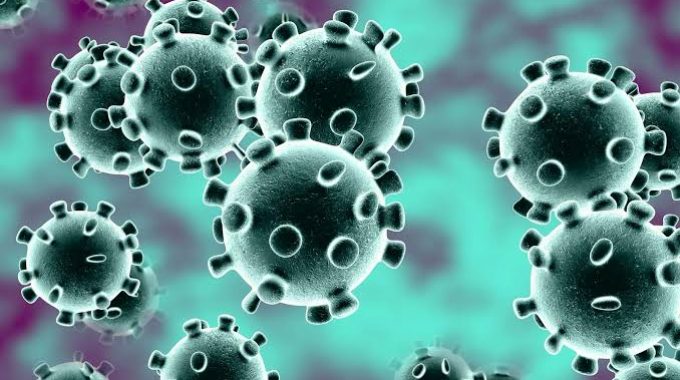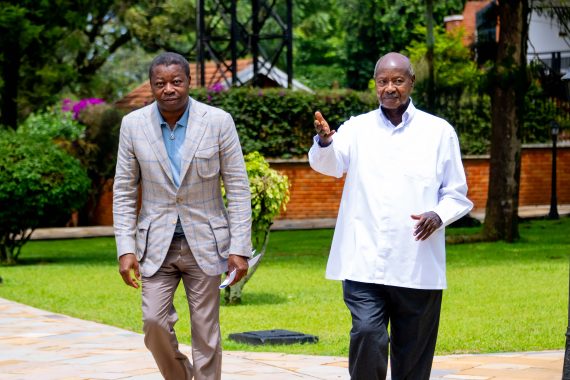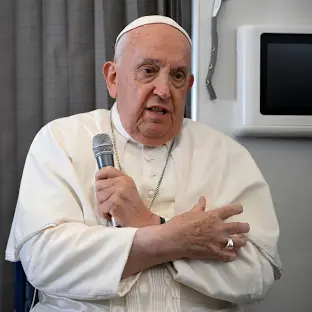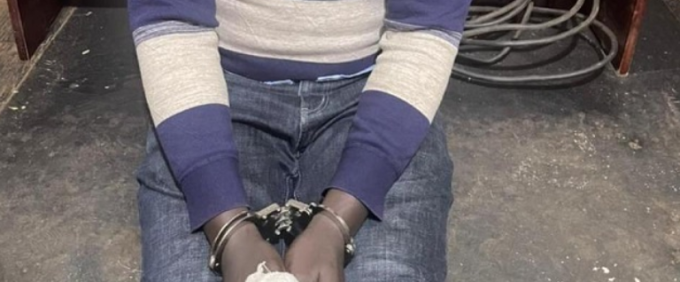The US-based Center for Disease Control and Prevention-CDC has reduced covid-19 self-isolation days from 14 to now 7 days for COVID-19 contacts.
The standard guidelines, for quarantine of COVID-19 suspects, have always been 2 weeks because of the COVID-19 incubation period
However, after seven days if a contact tests negative after 7 days in isolation or after Day ten without any test they are considered free to mingle.
CDC says if a person doesn’t show any symptoms of the disease, in ten days of isolation, they are free to return to the community without doing an additional test as they estimate the risk of post quarantine transmission at only 1%.
Dr. Henry Walke, the CDC’s incident manager for its COVID-19 response says scientists who formed the residual post-quarantine transmission risk didn’t find significant evidence to require a long stay in isolation.
Walke says they found even in extreme cases the risk cannot go higher than 10%, although he warns against stopping of quarantine earlier than the 7th day.
Quarantine is a critical measure to control transmission, according to experts.
Day 0 was defined as the day of infection since the precise time of infection is hard to determine. For testing, the model assumed that the diagnostic specimen would be collected up to 48 hours prior to the proposed end of quarantine.



















